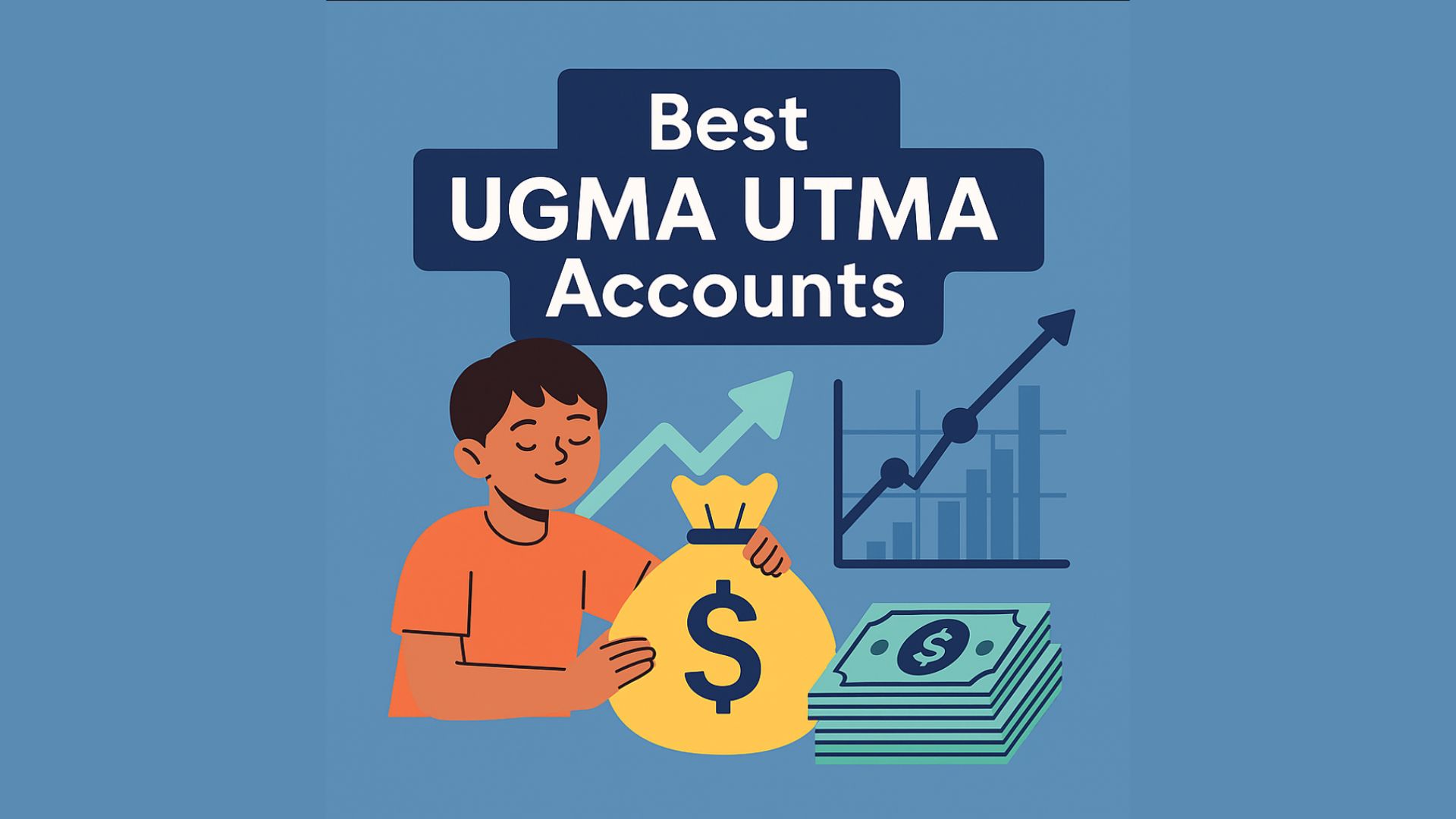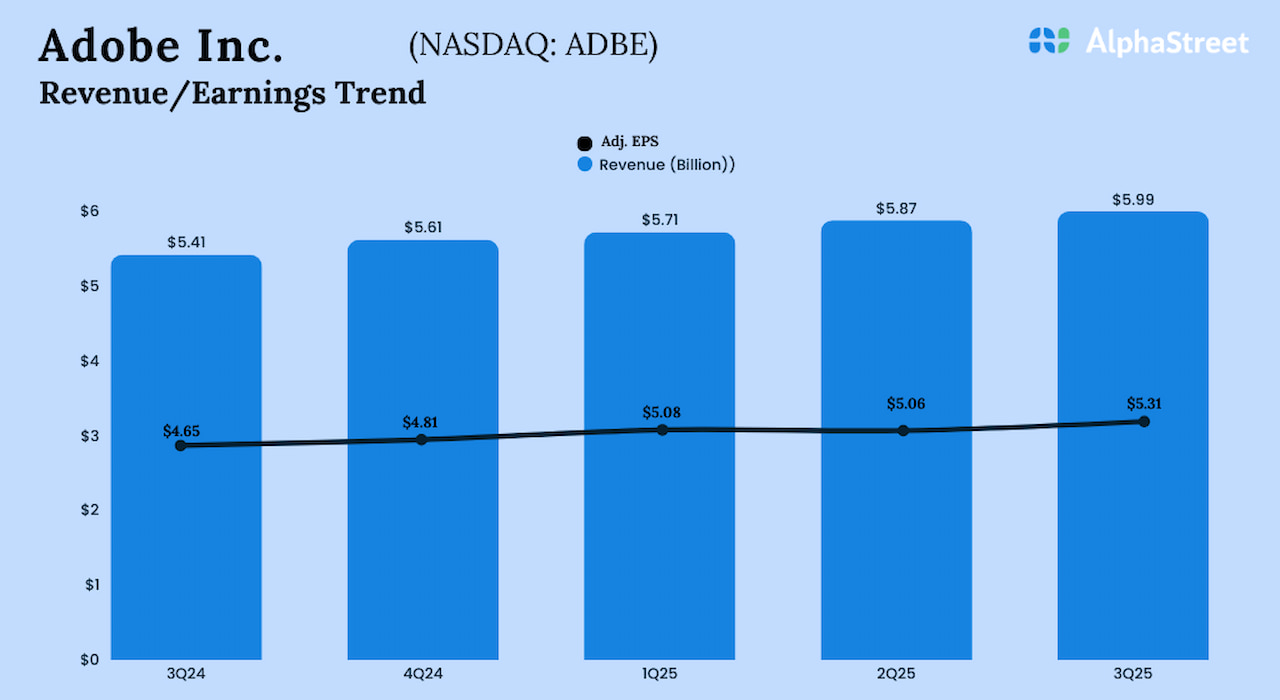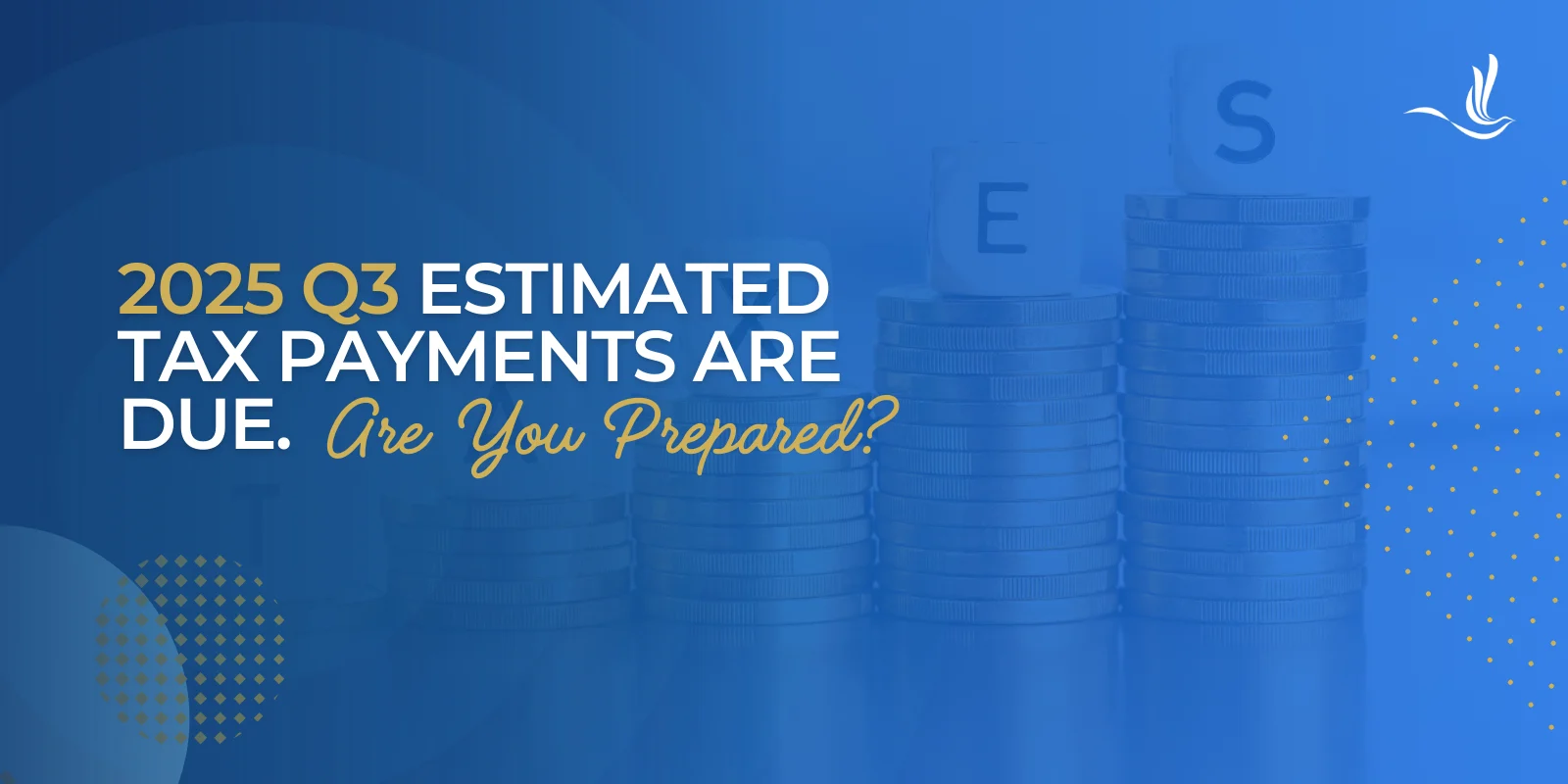Let’s start with an answer to questions about moomoo’s legitimacy with stock and options trading:
Yes, Moomoo is legit!
Of course, there’s a lot more to it than that.
People are naturally skeptical about online trading platforms, and there’s a reason to be after they’ve called customer service at most trading platforms. Trading scams are on the rise, and we all need to protect our money and personal information from scammers and hackers.
There are lots of things to think about whenever you’re considering an electronic trading platform. You need to know what security measures they have in place, whether the company behind the platform is cooperative with regulators and adheres to trading rules and requirements, and whether it’s a safe place to put your money.
In this article, we’ll review everything you need to know about moomoo, including the company’s background, legitimacy, and the security it has in place to keep users like you safe on their trading platforms.
Continue reading to get a full picture of moomoo and decide your answer to the question: Is Moomoo Legit?
Is Moomoo a Legit Trading Platform?
Moomoo is a fully licensed and regulated brokerage firm. In simple terms, yes, it’s a legit company. It’s owned by Futu Holdings, a NASDAQ-listed company. (Read: MOOMOO REVIEW)
When we say that moomoo is fully licensed, we’re talking about licensing from the Securities & Exchange Commission (SEC), which is the regulatory body responsible for overseeing brokers. The company was founded in 2018 and received a trading license that allows it to operate in all 50 states.
The moomoo trading app is extremely popular and highly rated, and the company also does business and offers trading platforms in countries such as Malaysia, Japan, Canada, Singapore, and Australia.
Moomoo is a member of FINRA, a self-regulating organization of broker-dealers. FINRA publishes broker profiles that include details about regulatory investigations and infractions.
Users’ assets, including investments and cash, are insured by the SIPC up to $500,000, which includes $250,000 of protection for cash deposits.
Finally, and just as important as regulatory oversight and insurance protection, moomoo is heavily invested in user protection. They have employed state-of-the-art security protocols, which we’ll review extensively later in this article.
Pro Tip:
Get up to 25 free stocks after a qualifying deposit with Moomoo today!
Who Owns Moomoo?
As we’ve already noted, moomoo is a subsidiary of Futu Holdings Ltd, a public company that trades on NASDAQ as FUTU.
Futu Holdings is a Chinese-owned company that’s licensed to do business in the United States and several other countries. It was founded in 2012 in Hong Kong.
FUTU was first listed on NASDAQ in 2019 and according to MarketWatch, has a market cap of $4.8 billion as of March, 2025.
The fact that FUTU is a public company is important because it means that they’re subject to public scrutiny, transparent reporting, and strict financial regulations.
The company has won multiple awards from the Chicago Mercantile Exchange and the HKEX awards since 2022.
FUTU also has a deep commitment to community support and charitable giving. Some of its most recent donations have been to the Make A Wish Foundation, Oxfam, and the North Texas Food Bank.
Major investors in Futu Holdings include Tecent, Matrix, and Sequoia Capital.
The important thing here is that moomoo is legit and so is its parent company.
Is Moomoo Regulated?
Like all licensed and registered broker-dealers in the United States, moomoo is regulated. There are protections in place for investors and there are also licensure and compliance requirements in other markets on trading platforms.
U.S. Regulation
The SEC is responsible for licensing broker-dealers in the United States. Anybody licensed by the SEC must also join FINRA. Moomoo is licensed by the SEC and a FINRA member.
Broker-dealers are subject to a long list of regulations in the United States. Here are just a few of the requirements.
Duty of Fair Dealing (an anti-fraud measure)
Suitability Requirements (recommending only investments that are suitable to their clients)
Duty of Best Execution (seeking the best deal/price for their clients)
Restrictions on short sales and insider trading
Restrictions on private security transactions
FINRA conducts regulatory inspections of its members to ensure they’re not in violation of any rules. It has the right to impose fines and penalties.
FINRA also publishes educational and informative content for the public, including its online brokerage search and detailed reports about a broker’s status and any regulatory infractions.
Investor Protections

In the United States, the Securities Investor Protection Corporation (SIPC) is responsible for protecting investors if their brokerage fails. It provides up to $500,000 of coverage, including $250,000 in protection for cash deposits. This protection ensures that investors can recover their securities and cash in the event of a broker’s failure, but it does not shield against market losses or poor investment decisions.
The Federal Deposit Insurance Commission (FDIC) may also provide some protection in specific scenarios. While bank deposits are protected by the FDIC, not all investment accounts fall under its coverage. The FDIC was established to maintain public confidence in the U.S. banking system by insuring deposits at banks and thrift institutions. It covers up to $250,000 per depositor, per insured bank, for funds held in checking accounts, savings accounts, money market accounts, and certificates of deposit (CDs). However, FDIC protection does not extend to securities such as stocks, bonds, or mutual funds held on trading platforms.
Uninvested funds on moomoo are held in FDIC-insured banks under the MFI cash sweep program. This program automatically transfers uninvested funds from moomoo into FDIC-insured banks, where they can earn interest until the owner decides to invest them. This feature allows users to benefit from FDIC insurance while their cash remains uninvested, providing a layer of security similar to traditional bank deposits. FDIC insurance provides up to $250,000 in coverage per depositor at participating banks, ensuring protection in case of a bank failure.
It is crucial for investors to understand the distinction between SIPC and FDIC insurance. SIPC protection applies to brokerage accounts and safeguards customers if a brokerage firm fails. However, it does not guarantee the value of investments or cover losses due to fraud, cybersecurity breaches, or market downturns. SIPC coverage is limited to missing cash and securities held by a failed broker-dealer, ensuring that investors can recover their assets.
Similarly, FDIC insurance protects against the failure of an insured bank but does not cover losses related to investment products. If a bank fails, the FDIC steps in to reimburse depositors up to the coverage limits. However, if an investor loses money due to poor market performance, neither the FDIC nor SIPC will offer compensation.
For investors using moomoo, this means that while uninvested cash in the MFI cash sweep program benefits from FDIC insurance, once funds are used to purchase securities, SIPC protection takes over. However, neither insurance program protects against investment losses. Investors should carefully assess their risk tolerance and diversify their portfolios to manage potential downturns effectively.
Additionally, while SIPC coverage does not protect against fraud or cybersecurity threats, brokerage firms often implement their own security measures to protect customer assets on their trading platforms. Some brokerages offer additional fraud protection programs or insurance beyond SIPC coverage. It’s important for investors to review their brokerage firm’s policies and take precautions, such as using strong passwords, enabling two-factor authentication, and monitoring accounts for suspicious activity.
Ultimately, SIPC and FDIC insurance provide critical safeguards for investors, but they are not substitutes for prudent investment strategies or risk management. Understanding these protections—and their limitations—can help investors make informed decisions about where and how to allocate their funds.
Pro Tip:
Get up to 25 free stocks after a qualifying deposit with Moomoo today!
International Compliance

In addition to being licensed and registered in the United States, moomoo is licensed in Singapore, Hong Kong, Canada, Australia, Japan, and other countries, where it also offers its paper trading feature.
Each of these countries has its own regulations and requirements for broker-dealers. It’s moomoo’s responsibility to comply.
Is Moomoo Safe for Deposits & Withdrawals?
Any time you make a deposit or withdraw money online, it’s crucial to confirm that the site or service you’re using your trading skills on is secure. So, are moomoo users safe for deposits and withdrawals on their trading journey? The short answer is yes!
Deposit Security

When you deposit money to your moomoo account, it will be protected by bank-level encryption.
You may deposit funds using either an ACH transfer or a wire transfer. Your bank might not charge a fee for an ACH, but they will charge you to send a wire.
It’s easy to verify your bank with moomoo and link it to your account. Banks have security in place, including encryption, and so does moomoo.
Withdrawal Security
For obvious reasons, it’s essential to be sure your money is going to the right place and kept secure when you want to transfer it to your bank.
Here again, moomoo has put end-to-end encryption in place. There are other ways to protect your transfer, including installing a moomoo token and enabling two-factor authentication. Funds may only be withdrawn to verified bank accounts.
You may add a bank account at any time. You may not remove a bank account when there is a pending transfer.
How Moomoo Protects Against Fraud

Moomoo takes user security seriously. There are several protections in place against fraud.
Two-factor authentication, or 2FA, is required of all users. You must enable it, and you will be required to use it the first time you log in from any new device. After the first login, you won’t need to verify your account with 2FA.
Device lock protects you in the event that someone tries to log in to your account without your permission. Turning it on means you’ll need to enter your moomoo ID, password, and a verification code the first time you use a new device. After that, using SMS login on that device will require you to complete a security verification puzzle and enter a one-time verification code sent to your registered mobile number.
Moomoo tokens are mobile products that keep your account secure. You’ll need to download the moomoo token from your app store. You’ll need to enter both your regular password and a dynamic password to access your account.
Portfolio privacy requires you to unlock your portfolio with either facial recognition or a gesture when you’re using the mobile app.
Fraudulent activity monitoring is in place to allow moomoo to spot any suspicious activity and notify users.
Setting a strong password and using these additional security measures will make it extremely difficult for anyone else to access your account.
Pro Tip:
Get up to 25 free stocks after a qualifying deposit with Moomoo today!
Are There Any Other Risks with Moomoo?
We’d be remiss if we didn’t mention that there are some other risks with moomoo that have nothing to do with their security or with regulation.
Market risk is present with any broker, particularly after big events like earnings reports. While some investments are riskier than others, even a straightforward stock investment involves some risk. Neither moomoo nor their regulators can protect you from investment-related risk.
Margin trading is one of the riskiest forms of investment. You’re basically borrowing money (trading on margin) hoping to make money. If you’re a high-leverage margin trader, you’re at risk of sustaining major losses. Again, moomoo’s security measures won’t protect you, even with low cost trading options.
Finally, there are account limitations. For example, you can day trade stocks on moomoo, but there are limitations in place. You can make unlimited trades with a cash account, but with a margin account, you’ll need to maintain a balance of at least $25,000 or you’ll be limited to just three day trades in any rolling five-day period, even with commission free stock. Exceeding this limit or trading with unsettled cash may both lead to penalties.
How Does Moomoo Compare to Scams & Fraudulent Brokers?
You might be wondering how moomoo compares to scams and fraudulent brokers. How can you tell the difference?
Red Flags in Fake Brokers
Let’s start with fake and illegitimate brokers. Here are some of the biggest red flags to look for.
No regulation is a huge red flag. If a broker isn’t regulated by the SEC, they’re not legit. The same is true of brokerages that aren’t in the US: they should be regulated in whatever country they’re in, and if they’re not, steer clear.
Unclear ownership is another sign of illegitimacy. A trustworthy broker-dealer won’t be coy about who owns them. This is information that should be easy to find online.
Hard-to-withdraw funds are absolutely a problem. The money in your account is your money, not the brokerage’s. It should be easy to withdraw. It’s not unusual for there to be a short waiting period, particularly if you’ve made recent trades that haven’t yet been cleared through the SEC.
Lack of transparency about fees is another potential red flag. You shouldn’t have to guess what you’ll be paying when you make a trade.
If you notice any red flags, don’t create an account. Instead, investigate more and if you’re not satisfied with what you find, don’t use that broker.
How Moomoo Stands Apart
Moomoo checks all the boxes when it comes to proving its legitimacy.
Moomoo fees are completely transparent and you can view them here.
Their parent company is fully disclosed and publicly-traded, meaning you can view information about its financial status and more.
Everywhere it operates, moomoo is regulated by financial authorities. In the US, that means regulation by the SEC and FINRA and insurance provided by the SIPC.
You can easily find real user testimonials and trust stories with a quick online search.
Here’s an overview of how moomoo compares to fake and fraudulent brokers.
What Are Users Saying? Moomoo Trust & Reviews
Finding real reviews for apps can be a challenge. Some of the companies that own apps hire people to post fake reviews.
Here’s a rundown of how users have rated moomoo.
Trustpilot: Average of 3 stars out of five
Google Play: Average of 4.5 stars out of five
Apple Store: 4.7 stars out of 5
TradingView: 4.6 stars out of 5
One five-star review on the Apple Store pointed out that they love the layout and the detailed technical information provided, while noting that the app may not be for beginners. They also said they had rapid responses from customer service.
Some of the most common praise is for moomoo’s strong security, transparent fee structure, and advanced tools. Users also appreciate that they can get access to other markets using moomoo.
The two most common complaints are that the interface may be a bit too complex for beginners and sometimes-slow response times from customer service. Some people were also unhappy with the withdrawal process.
Final Verdict: Should You Trust Moomoo?
Our final verdict is yes, you can trust moomoo. It’s a fully legitimate trading platform that’s regulated by the SEC and FINRA.
It’s backed by a publicly-traded fintech firm, and user deposits and investments are insured by the SIPC up to $500,000.
Moomoo’s fees are fully transparent and they employ state-of-the-art security to protect investors and monitor against fraud.
It’s not necessarily the right platform for beginners, but it is ideal for active traders who want advanced research tools to help them find the right investments and monitor their portfolios.
To see how moomoo compares to another popular platform, read MOOMOO VS ROBINHOOD!


























